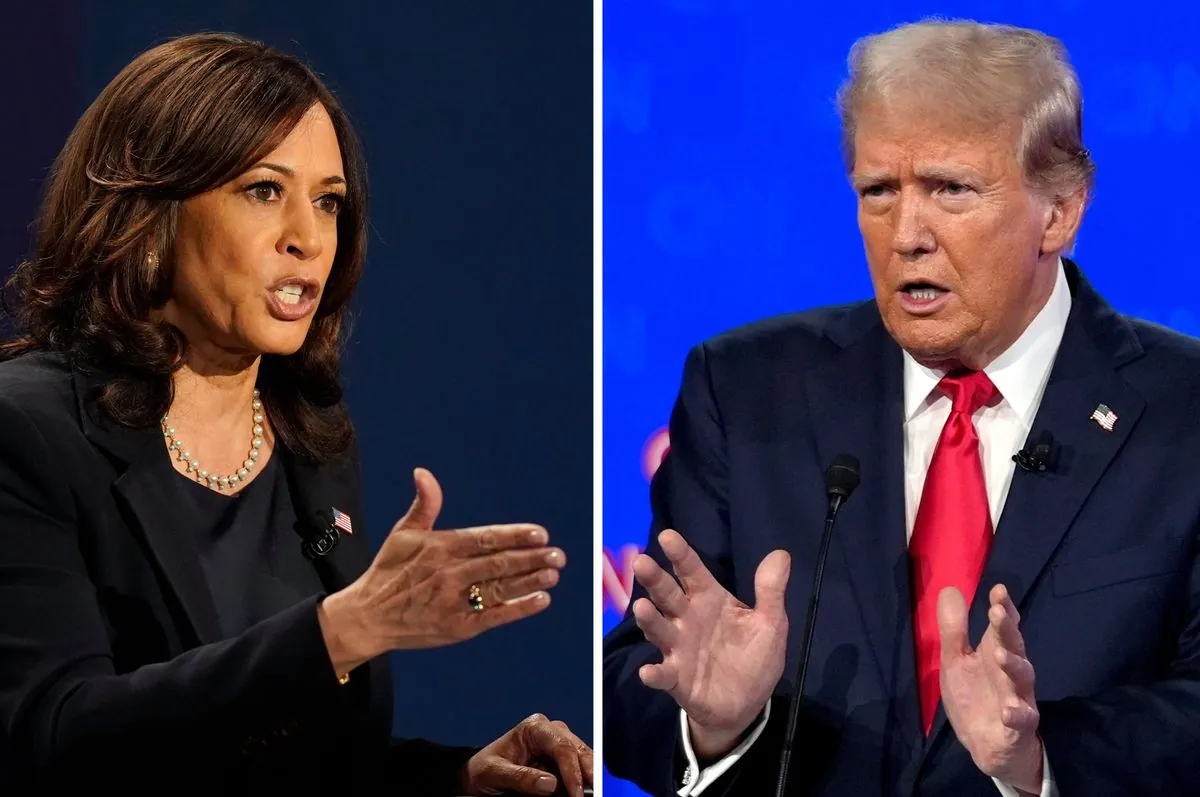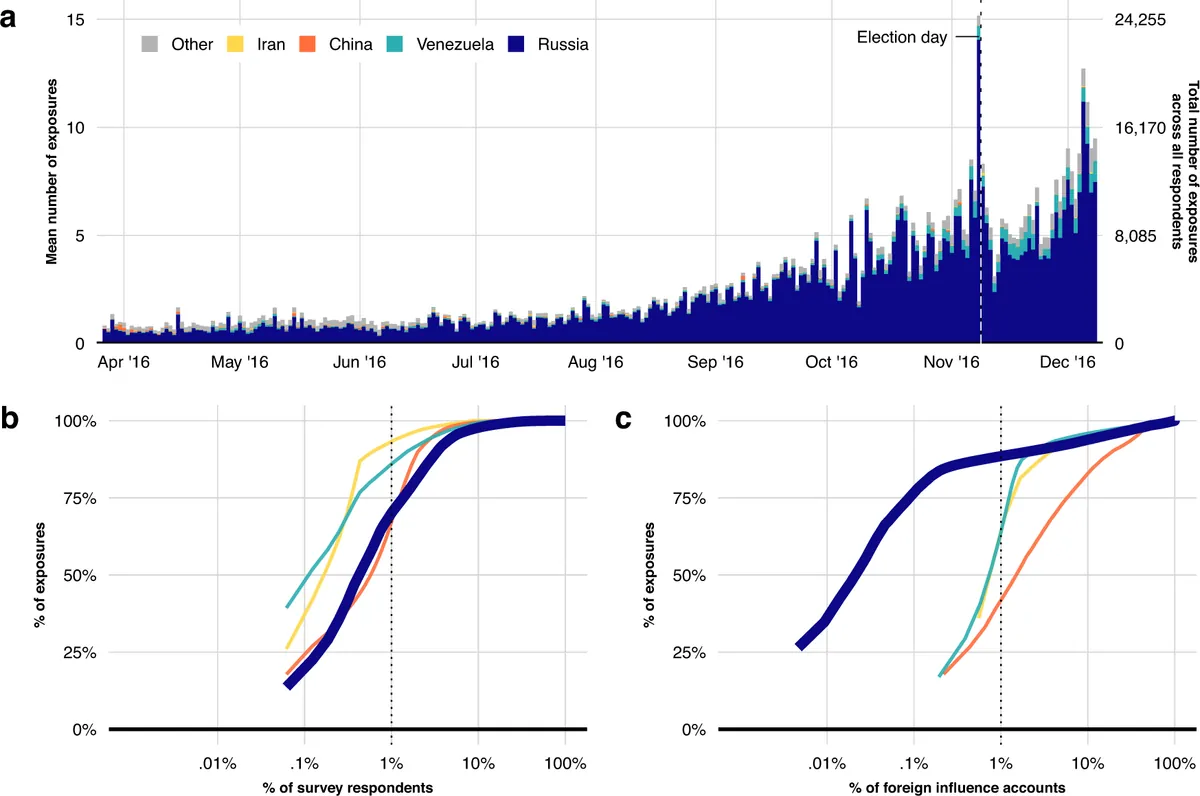IR Experts Favor Harris Over Trump in 2024 Presidential Race
A recent survey of International Relations scholars reveals strong support for Kamala Harris in the 2024 U.S. presidential election, contrasting with public opinion. Experts express concerns about Trump's ability to handle foreign policy crises.

In the aftermath of Joe Biden's unexpected withdrawal from the 2024 presidential race on July 21, a significant shift in the political landscape has occurred. While public opinion polls and election prediction markets have been closely watched, International Relations (IR) scholars offer a unique perspective on the potential outcomes and their implications for U.S. foreign policy.
The Teaching, Research, and International Policy (TRIP) Project at William & Mary's Global Research Institute, supported by the Carnegie Corporation of New York, conducted a survey of 379 IR experts between July 18 and 23, 2024. This survey, which coincided with Biden's withdrawal announcement, provides valuable insights into the views of academic experts on the upcoming election and its potential foreign policy consequences.
Contrary to public opinion polls at the time, IR experts expressed greater confidence in Kamala Harris's prospects for victory against Donald Trump. On average, respondents estimated a 52% probability of Harris winning, compared to only a 36% probability for Biden had he remained in the race. This stark contrast highlights the divergence between expert analysis and public perception.

The survey also revealed a clear preference among IR scholars for Harris as the next U.S. president. When presented with multiple potential candidates, 20% of the foreign policy experts favored Harris, while only 9% preferred Biden and a mere 2% supported Trump. This preference for Harris was evident across party lines, with even 9% of Republican respondents expressing support for her.
One of the most striking findings from the survey was the significant trust gap between the Democratic candidates and Trump regarding the ability to handle major international crises. On a 100-point scale, Harris and Biden received average trust levels of 68 and 70 respectively, while Trump scored only 16 points. This vast difference in trust levels underscores the concerns IR experts have about Trump's potential return to the presidency.
"The substantial trust gap between Harris and Trump in handling international crises reflects deep concerns among foreign policy experts about the potential consequences of another Trump presidency on global affairs."
Interestingly, even scholars who identify with realist theoretical paradigms, which often align more closely with Trump's "America First" approach, expressed greater trust in Harris than in Trump. This suggests that traditional foreign policy views within academic circles remain skeptical of Trump's unconventional approach to international relations.
As the November 5, 2024 election approaches, the United States faces ongoing global challenges, including the continuing conflict in Ukraine and the Israel-Hamas war in Gaza. The stark contrast between IR experts' views and public opinion highlights the complexity of the issues at stake and the potential implications of the election outcome for U.S. foreign policy.
With less than three months until Election Day, the race between Harris and Trump promises to be closely watched by both domestic and international observers. The insights provided by IR scholars offer a valuable perspective on the potential foreign policy directions of the next administration, emphasizing the importance of expertise in navigating the complex global landscape that awaits the next U.S. president.


































